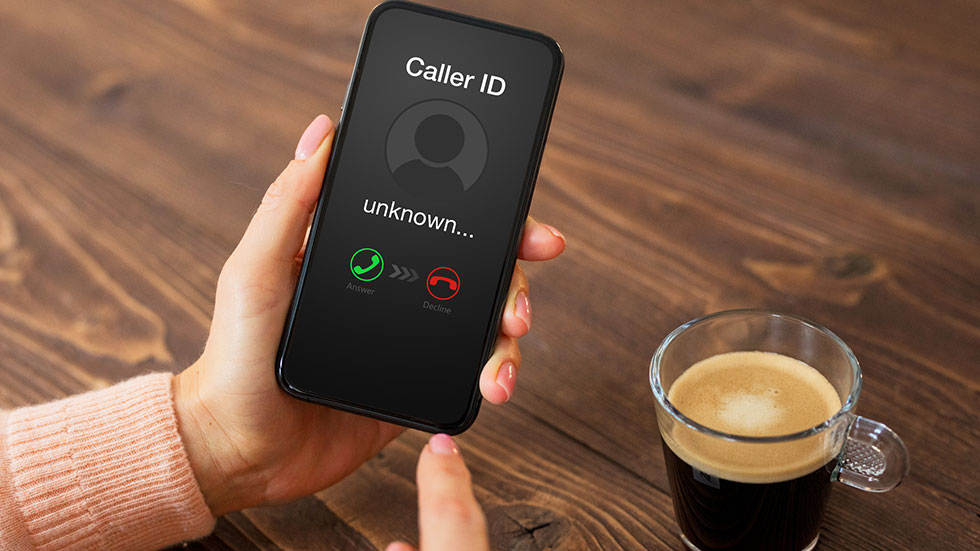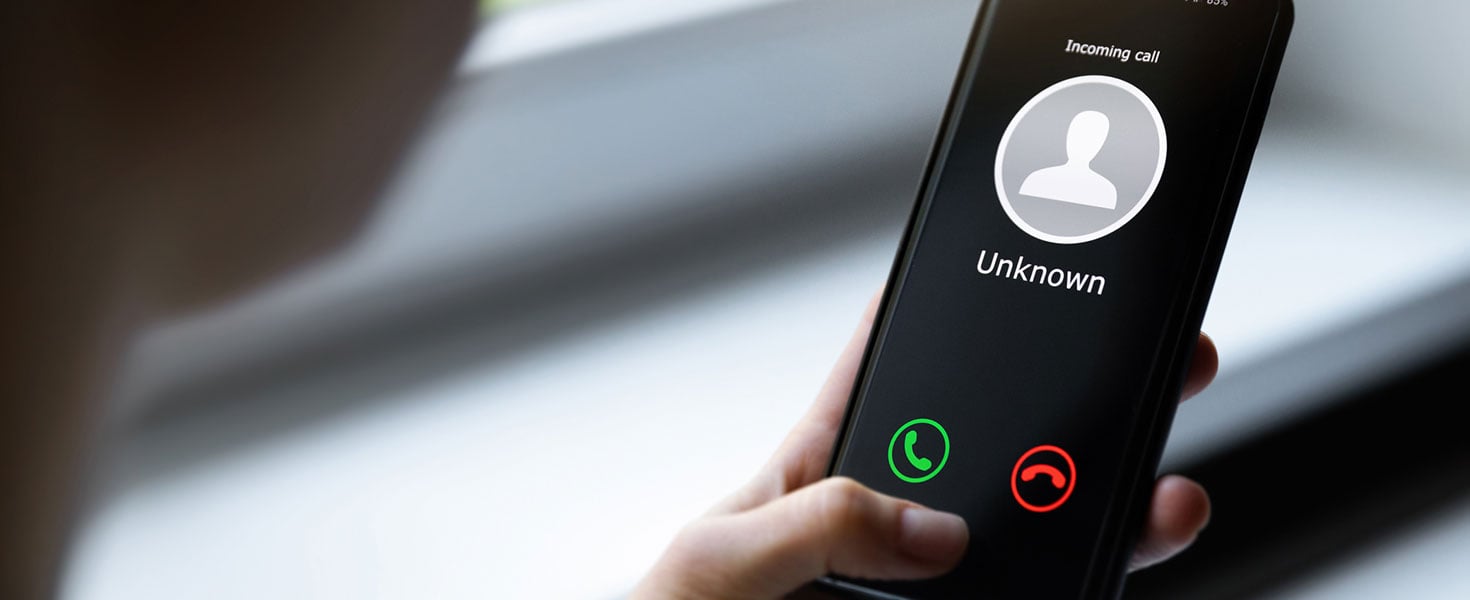
Americans got hit by nearly 46 billion robocalls in 2020. While that’s an estimated 22% decrease from 2019, it still means people are getting hundreds of robocalls a year, sometimes more than one per day.
Robocalls always hit at the worst time, and most of them these days relate to car warranties. In fact, they’re so frequent that they’ve become the subject of dozens of memes and jokes. So, how can you stop these annoying extended warranty calls?
Here are a few ways to put a stop to these automated spam calls, as well as tips for identifying a potential spam call and what to do if you get one.

How to identify a potential spam call
Because of the increased number of robocalls and scams, some carriers have implemented a filter that flags unverified numbers that may be robocalls or scams as “Potential Spam,” which is what you see on your phone screen when being called.
In most cases, it’s good practice to not answer any calls from these or other unknown numbers. If you do accidentally answer, you know it’s a spam call if they are:
- Calling about your car’s extended warranty.
- Unsolicited calls from people claiming to work for a government agency, public utility, or major tech firm.
- Unsolicited calls from charity fundraisers.
- Calls pitching products or services with terms that sound too good to be true, such as cash prizes, free travel, or other free products.
- An automated sales call from a company you haven’t authorized to contact you.
Should you answer telemarketer calls?
Try avoiding answering telemarketer calls if you can. Most robocall logic states if you answer their call, your number is considered “good” even if you don’t fall for the scam. They will continue to call you because they know there is someone on the other side of the line (you) and you could be a potential victim for fraud.
The less calls you answer, the fewer calls you will receive.
If you do accidentally answer a telemarketer or spam call, hang up immediately. Never say “yes” to any of the questions, such as “Can you hear me?” or “Am I speaking to the head of the household?” If you do, the scammer is likely recording you saying “yes” so they can use your own voice against you to authorize charges on a bill, stolen credit card, or other fraudulent activity.

How to stop robocalls
There are a few things you can do to help detect and block spam calls.
- If you have an iPhone with iOS 13 and later, you can turn on Silence Unknown Callers to avoid getting calls from telemarketers. It blocks phone numbers you’ve never been in contact with and don’t have saved in your contacts. Go to Settings > Phone, tap Silence Unknown Callers, and turn on the feature.
- Some apps help filter and detect spam calls. Check out robocall-blocker apps available for your carrier and phone.If you have an iPhone, once you download the app, you can go to Settings > Phone, tap Call Blocking & Identification, and under Allow These Apps to Block Calls And Provide Caller ID, turn the app on or off.
- Register your phone number with the National Do Not Call Registry, which can help keep legitimate telemarketers from calling you.
- Don’t answer. The more you answer, the more calls you’ll get. Let the call go to voicemail because most spammers won’t leave a message. Avoid answering calls from numbers you don’t know or “unknown callers.”
- Some phone carriers provide spam and robocall controls to block unwanted and anonymous calls. Most of these are free, so check with your phone company’s website to see what’s available. Examples include AT&T’s Call Protect and T-Mobile’s Scam ID and Scam Block.

